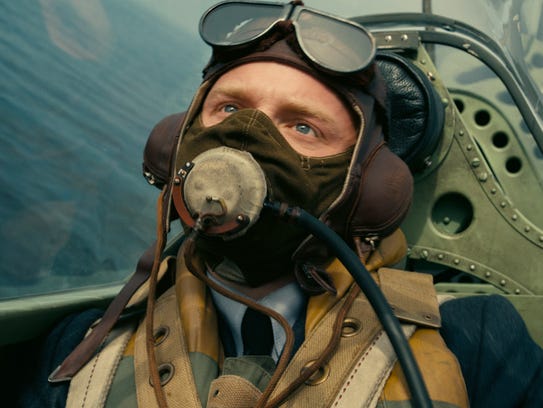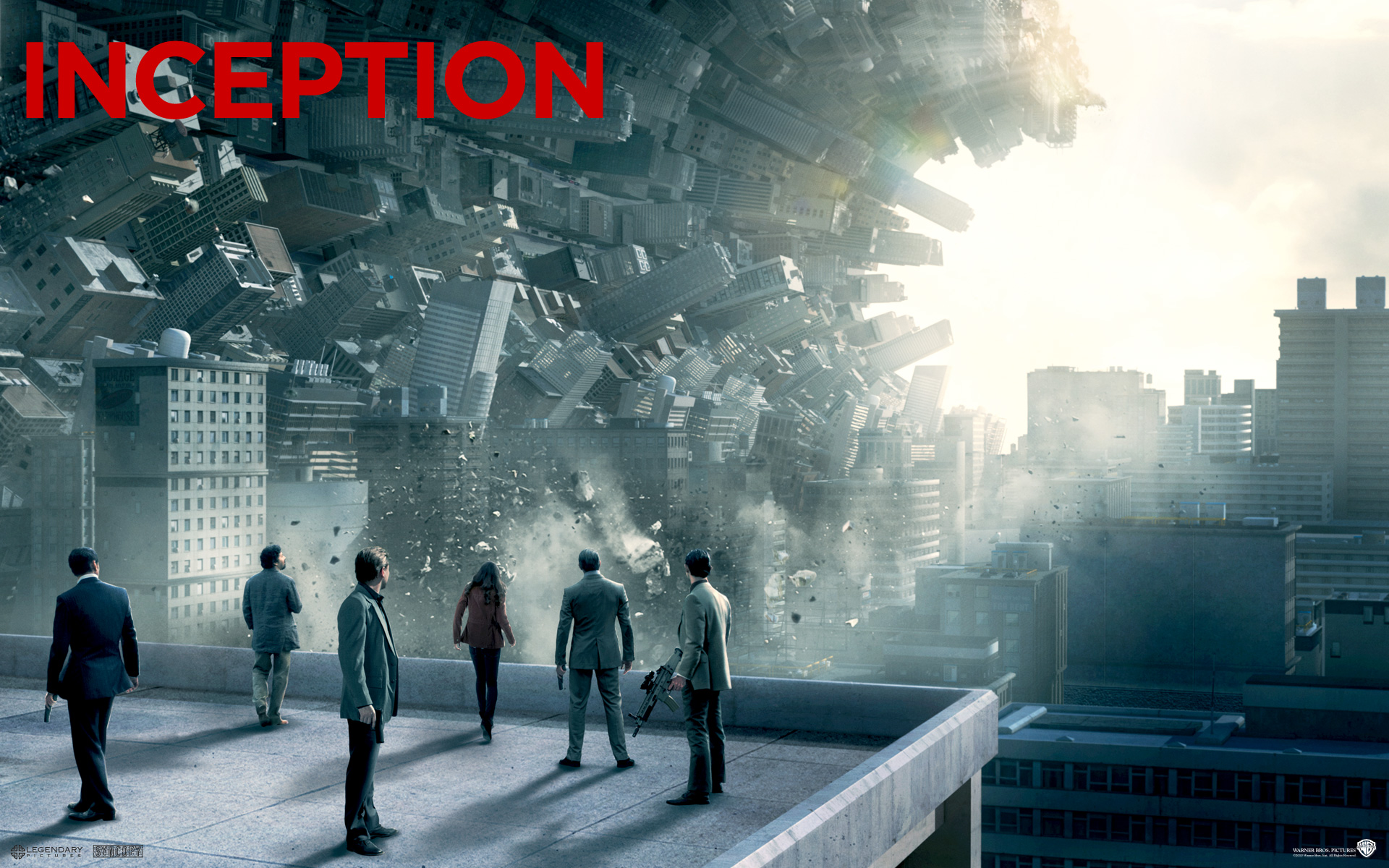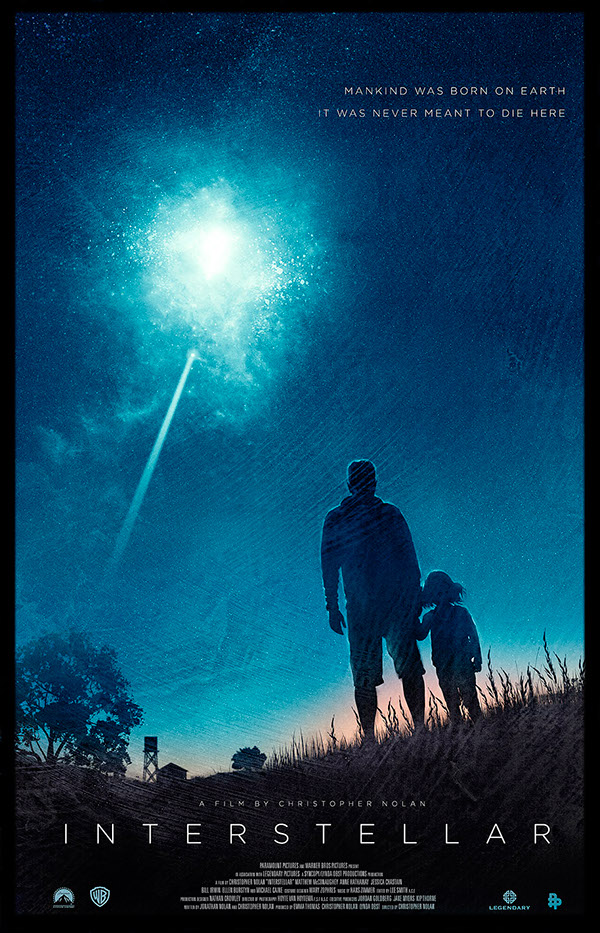Director: Christopher Nolan
Unflinching. Intense. Meticulously filmed. Grim but uplifting. Nolan's latest and most sober film is a sight to behold on the big screen.
Dunkirk tells the story of the evacuation of the eponymous city in 1940, as Germany was reaching its military apex in World War II. Over a few days in June, hundreds of thousands of English and French troops were cornered into the small Belgian town and awaited some form of rescue from the encroaching German ground and air forces. After several days of these ground troops choking down their fears and waiting along the beaches, British fishermen and boatmen several hours away are enlisted to boat across the channel to bring back as many men as they can. This, in the face of potential attack from some German air force or submarine attacks.
In short, I'll go ahead and say that this is now one of the ten best war movies of all time, due mostly to elements which can only be captured with the medium of film. Thanks to masterful visuals, cinematography, and staging, and meticulous attention to detail, the intensity and sensations of such a harrowing episode are brought to life probably as well as they possibly can be, short of actually being in the middle of the real events depicted. While watching the movie, I almost smelled and felt the damp, salty ocean water that must have taunted those stranded soldiers on the shore. I could feel the overwhelming sense of powerlessness and sometimes desperation as they waited and sometimes even watched certain avenues of escape be literally blown to bits and sunken before their very eyes. I don't know that even the best novels, photographs, or even first-hand accounts could have such an effect.
The standout element for me was the aerial scenes and battles. Curiously (and accurately), there were only a handful of fighter jets and bombers that were engaged on either side. But thanks to filming such as I've never seen and being able to watch the movie on a true 75mm IMAX screen (well worth the extra cost, by the way), I was entranced by having a pilot's eye view of World War II dogfights. As far as this aspect of movies go, Nolan just set the bar extremely high for any similar scenes shot in the future. These aerial sequences were the standout among many excellent large-scale visual segments throughout the movie.
Despite my slight issues with the narrative structure, and a lack of any specifically memorable individual characters, this is a grand telling of one of World War II's lesser-known episodes (at least here in the U.S., where we often forget that the war had been raging for years before we got involved in 1942). If you have any intention of seeing this movie, I can't recommend enough seeing it on the big screen, and even splurging for the IMAX experience if it's an option for you.
Unflinching. Intense. Meticulously filmed. Grim but uplifting. Nolan's latest and most sober film is a sight to behold on the big screen.
Dunkirk tells the story of the evacuation of the eponymous city in 1940, as Germany was reaching its military apex in World War II. Over a few days in June, hundreds of thousands of English and French troops were cornered into the small Belgian town and awaited some form of rescue from the encroaching German ground and air forces. After several days of these ground troops choking down their fears and waiting along the beaches, British fishermen and boatmen several hours away are enlisted to boat across the channel to bring back as many men as they can. This, in the face of potential attack from some German air force or submarine attacks.
In short, I'll go ahead and say that this is now one of the ten best war movies of all time, due mostly to elements which can only be captured with the medium of film. Thanks to masterful visuals, cinematography, and staging, and meticulous attention to detail, the intensity and sensations of such a harrowing episode are brought to life probably as well as they possibly can be, short of actually being in the middle of the real events depicted. While watching the movie, I almost smelled and felt the damp, salty ocean water that must have taunted those stranded soldiers on the shore. I could feel the overwhelming sense of powerlessness and sometimes desperation as they waited and sometimes even watched certain avenues of escape be literally blown to bits and sunken before their very eyes. I don't know that even the best novels, photographs, or even first-hand accounts could have such an effect.
The standout element for me was the aerial scenes and battles. Curiously (and accurately), there were only a handful of fighter jets and bombers that were engaged on either side. But thanks to filming such as I've never seen and being able to watch the movie on a true 75mm IMAX screen (well worth the extra cost, by the way), I was entranced by having a pilot's eye view of World War II dogfights. As far as this aspect of movies go, Nolan just set the bar extremely high for any similar scenes shot in the future. These aerial sequences were the standout among many excellent large-scale visual segments throughout the movie.
Despite my slight issues with the narrative structure, and a lack of any specifically memorable individual characters, this is a grand telling of one of World War II's lesser-known episodes (at least here in the U.S., where we often forget that the war had been raging for years before we got involved in 1942). If you have any intention of seeing this movie, I can't recommend enough seeing it on the big screen, and even splurging for the IMAX experience if it's an option for you.





